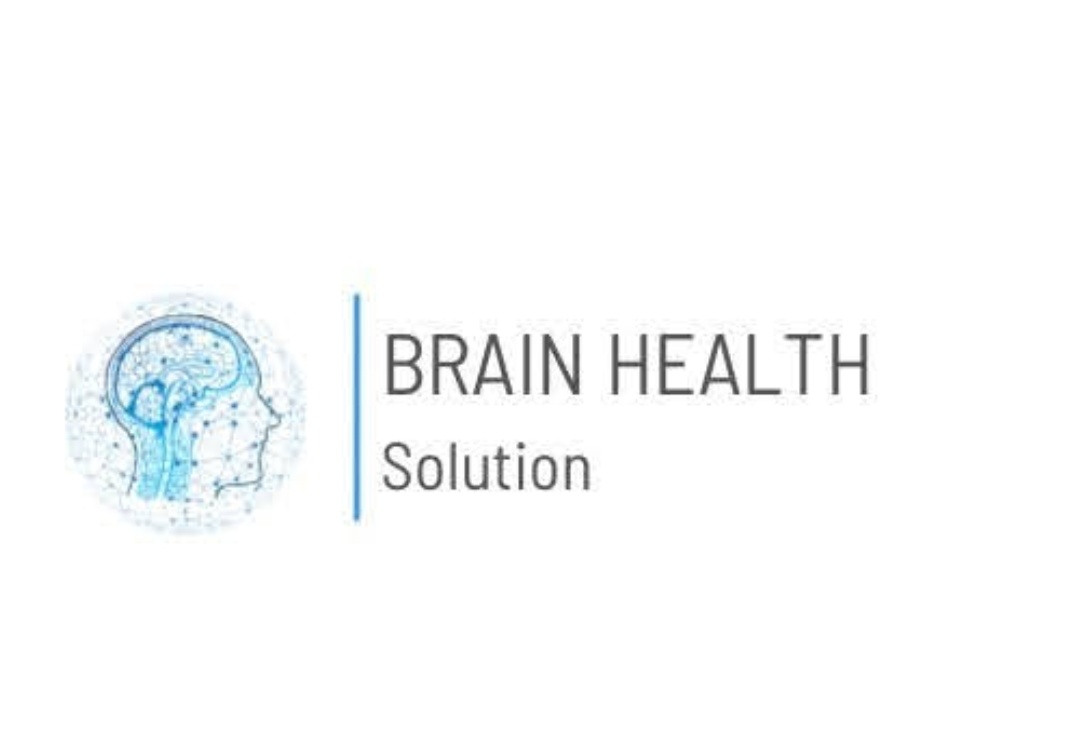Bipolar Disease: Causes, Symptoms, and Treatment Options
- Admin

- May 26, 2025
- 3 min read

Bipolar disease, also known as bipolar disorder, is a complex mental health condition that affects millions worldwide. Characterized by extreme mood swings, it can profoundly impact daily life, relationships, and overall well-being. Understanding the causes, symptoms, and available bipolar disorder treatments is crucial for effective management and recovery.
What Is Bipolar Disease?
Bipolar disease is a mood disorder marked by significant changes in mood, energy, and activity levels. These mood shifts range from manic or hypomanic episodes—periods of elevated mood and high energy—to depressive episodes, which involve feelings of sadness, hopelessness, and low energy.
This disorder typically begins in late adolescence or early adulthood and, if untreated, can lead to serious complications including impaired social functioning, substance abuse, and increased risk of suicide.
Causes of Bipolar Disease
The exact cause of bipolar disease is not fully understood, but it is believed to result from a combination of genetic, biological, and environmental factors:
Genetics: Family history plays a significant role; individuals with close relatives who have bipolar disorder are at higher risk.
Brain Chemistry: Imbalances in neurotransmitters such as serotonin, dopamine, and norepinephrine can influence mood regulation.
Environmental Triggers: Stressful life events, trauma, or significant changes in sleep patterns can trigger mood episodes in susceptible individuals.
Symptoms of Bipolar Disorder
Symptoms vary depending on whether an individual is experiencing a manic, hypomanic, or depressive episode.
Manic and Hypomanic Symptoms (symptoms are generally similar but more severe in mania vs. hypomania):
Elevated or irritable mood
Increased energy and activity levels
Rapid speech and racing thoughts
Decreased need for sleep
Impulsivity and risky behaviors
Grandiosity or inflated self-esteem
Depressive Symptoms:
Persistent sadness or hopelessness
Fatigue and low energy
Difficulty concentrating
Changes in appetite or sleep patterns
Loss of interest in activities
Thoughts of death or suicide
Understanding these symptoms can help individuals and loved ones recognize bipolar disorder early and seek appropriate treatment.
Bipolar Disease Treatment: Approaches That Work
Effective bipolar disorder treatments aim to stabilize mood swings, reduce symptoms, and improve quality of life. Treatment plans are usually comprehensive and personalized, combining medication, psychotherapy, and lifestyle changes.
Medication Management
Medications are a cornerstone of bipolar disease treatment. Common options include:
Mood Stabilizers: Mood Stabilizers are widely used to prevent mood swings.
Antipsychotics: These help manage mania and sometimes depression.
Antidepressants: Used cautiously and often with mood stabilizers to avoid triggering mania.
Anti-anxiety Medications: To alleviate symptoms like agitation or anxiety.
Psychotherapy
Psychotherapy complements medication by helping patients develop coping strategies, manage stress, and address interpersonal challenges. Key therapeutic approaches include:
Cognitive Behavioral Therapy (CBT)
Interpersonal and Social Rhythm Therapy (IPSRT)
Family-focused Therapy
Lifestyle and Support
Maintaining regular sleep patterns, managing stress, and avoiding alcohol or drugs are essential lifestyle factors that support treatment. Peer support groups and education can also improve adherence and outcomes.
Why Early Diagnosis and Treatment Matter
Untreated bipolar disorder can lead to worsening symptoms, increased hospitalizations, and decreased overall functioning. Early diagnosis followed by consistent treatment reduces the risk of severe mood episodes and enhances long-term stability.
How Brain Health Solution Can Help
If you or a loved one is struggling with bipolar disease, expert care is available. Brain Health Solution, led by Dr. Kamal Bhatia, MD FAPA, offers personalized bipolar disease treatment grounded in the latest scientific research and compassionate care.
Whether you need a thorough psychiatric assessment, medication management, or psychotherapy, Brain Health Solution provides flexible in-person and online appointments in Maryland and Virginia to support your mental wellness journey.
Take the First Step Today
Don’t wait to get the help you deserve. Visit Brain Health Solution to book your appointment with Dr. Kamal Bhatia and begin your path to balanced mental health and a better quality of life.
👉 Book an Appointment Today 📍 In-person in Maryland | 🖥 Virtual care in Virginia 📞 Call: (301) 288-1028
Frequently Asked Questions (FAQs)
Q1: Can bipolar disorder be cured? A1: Bipolar disorder is a lifelong condition, but with proper treatment, symptoms can be managed effectively to allow a fulfilling life.
Q2: How long does it take for bipolar medications to work? A2: It varies, but these may take several weeks to show full effects.
Q3: Is psychotherapy necessary if I’m taking medication? A3: Yes, combining medication with psychotherapy often leads to better outcomes and helps manage triggers.
Q4: How can I support a loved one with bipolar disorder? A5: Educate yourself about the condition, encourage treatment adherence, and offer emotional support.
Q5: Are online mental health consultations effective for bipolar disorder? A6: Yes, telepsychiatry provides accessible, confidential care that is effective for managing bipolar disorder.
Understanding bipolar disease and its treatment options empowers individuals to seek the right care and regain control over their lives. Brain Health Solution is committed to guiding you with expertise and empathy every step of the way.
.png)



Comments